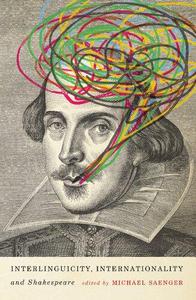 Interlinguicity, Internationality, and Shakespeare By Michael Saenger
Interlinguicity, Internationality, and Shakespeare By Michael Saenger2015 | 296 Pages | ISBN: 0773544739 | PDF | 13 MB
Languages have become more mobile than ever before, producing translations, transplantations, and cohabitations of all kinds. The early modern period also witnessed profound linguistic transformation, but in very different ways. Interlinguicity, Internationality, and Shakespeare undoes the illusion that Shakespeare wrote in what we now think of as English. In a series of essays approaching Shakespeare from unique and thought-provoking perspectives, contributors from history, performance criticism, and comparative literature look at "interlinguicity," the condition of being between languages, and "internationality," the condition of being between countries. Each essay focuses on local issues, such as community identification in the Netherlands of Shakespeare's time and the appropriation of Shakespeare in German literature in the nineteenth century, to suggest that Shakespeare never wrote "in" English because English was not then, nor is it now, an intact, knowable system. Many languages existed in sixteenth-century London, and English did not have clear limits. Interlinguicity, Internationality, and Shakespeare helps to explain the hybridity that Shakespeare embraced in all his writing. Contributors include Paula Blank (College of William and Mary), Lauren Coker (Saint Louis University), Brian Gingrich (Princeton University), Alexa Huang (George Washington University), James Loehlin (University of Texas at Austin), Scott Newstok (Rhodes College), Patricia Parker (Stanford University), Elizabeth Pentland (York University), Philip Schwyzer (University of Exeter), Gary Waite (University of New Brunswick), and Robert N. Watson (University of California, Los Angeles)
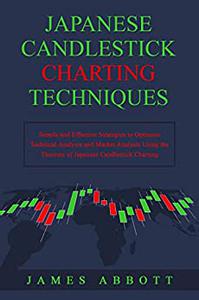


![S.T.A.L.K.E.R. 2 / STALKER 2: Heart of Chornobyl - Ultimate Edition (2024) [+UPDATE 23.12.2024 - v1.1.3] ElAmigos / Polska wersja językowa](https://i.postimg.cc/Zqd8RWGY/UZG8PBE.jpg)

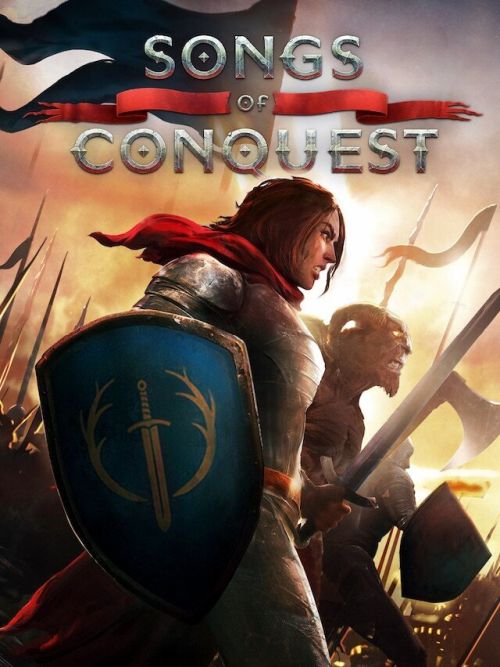



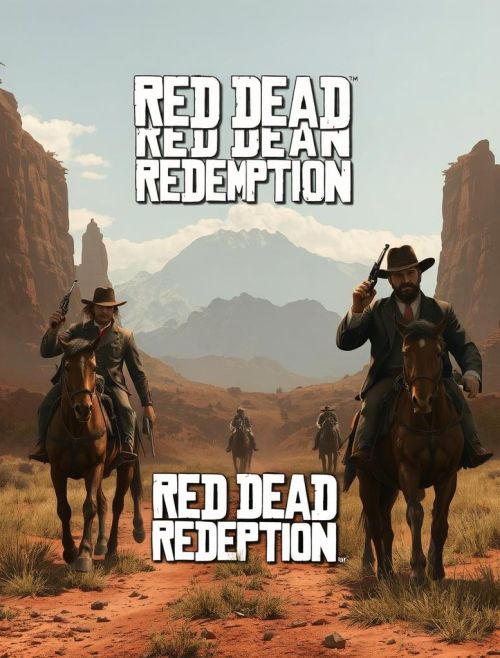



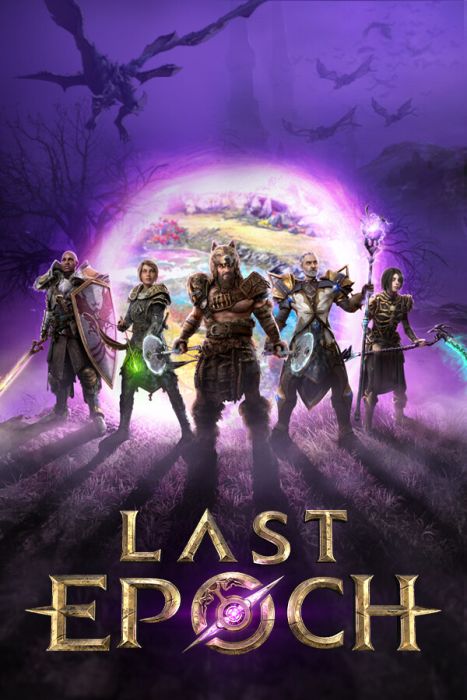

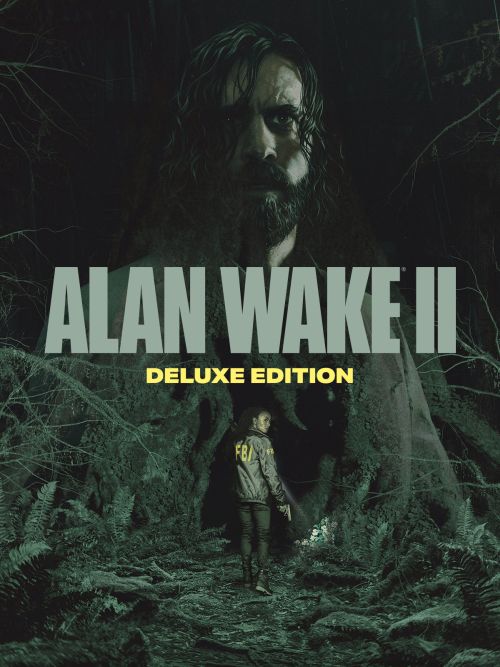























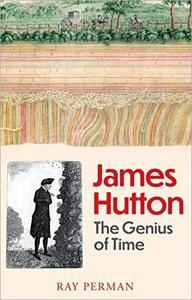


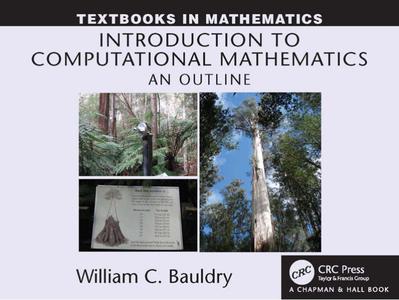
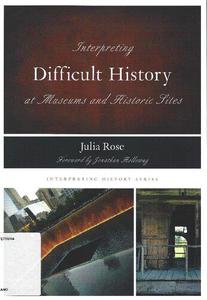

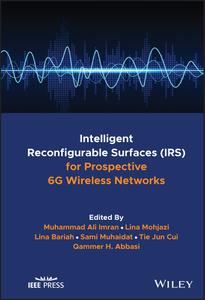
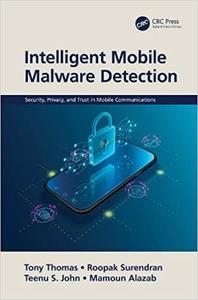
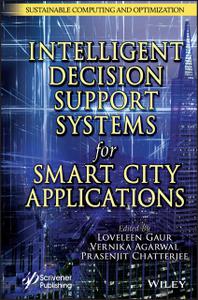







![David Gilmour - Luck and Strange (2024) [FLAC]](https://i.imgur.com/everaBc.jpeg)
![Męskie Granie Orkiestra - Męskie Granie 2024 (2024) [FLAC]](https://i.imgur.com/FAyOxrM.jpeg)
![The Rolling Stones - Hackney Diamonds (2023) [FLAC]](https://i.imgur.com/wCkyyUN.jpg)
![Lady Gaga - Harlequin (2024) [FLAC]](https://i.imgur.com/dcgIA8D.jpeg)
![Natalia Kukulska - Dobrostan (2024) [FLAC]](https://i.imgur.com/bdljG3O.jpeg)
![Kaśka Sochacka - Ta druga (2024) [FLAC]](https://i.imgur.com/hORQKvn.jpeg)
![Kuba Sienkiewicz - Pani Bóg (2024) [FLAC]](https://i.imgur.com/qijCx8Z.jpeg)
![Lanberry - Heca (2024) [FLAC]](https://i.imgur.com/8P7QfeR.jpeg)
![Sara James - PLAYHOUSE (2024) [FLAC]](https://i.imgur.com/m4f8OKg.jpeg)
![Grzegorz Hyży - EPILOG (2024) [FLAC]](https://i.imgur.com/8DA2sBr.jpeg)
![Myslovitz - WIECZORAMI CHŁOPCY WYCHODZĄ NA ULICE (2024) [FLAC]](https://i.imgur.com/l9mMtIG.jpeg)
![Krzysztof Zalewski - ZGŁOWY (2024) [FLAC]](https://i.imgur.com/vh48RAc.jpeg)
![Krzysztof Cugowski - Wiek to tylko liczba (2024) [FLAC]](https://i.imgur.com/SBzgqe2.jpeg)
![Nosowska - Kasia i Błażej (2024) [FLAC]](https://i.imgur.com/mObvVXQ.jpeg)
![sanah - Pianinkowe Kaprysy (2024) [FLAC]](https://i.imgur.com/pVjjPAa.jpeg)
![Kwiat Jabłoni - Pokaz slajdów (2023) [FLAC]](https://i.imgur.com/diERHfZ.jpg)
![Robert Cichy - Spacer po Warszawie (2024) [FLAC]](https://i.imgur.com/ixleU9o.jpeg)
![Viki Gabor - Terminal 3 (2024) [FLAC]](https://i.imgur.com/Q1KCnDs.jpeg)
![Sanah - Kaprysy (2024) [FLAC]](https://i.imgur.com/71OZm4h.jpeg)
![Męskie Granie Orkiestra - Męskie Granie 2023 (2023) [FLAC]](https://i.imgur.com/U4YHo8d.jpg)




